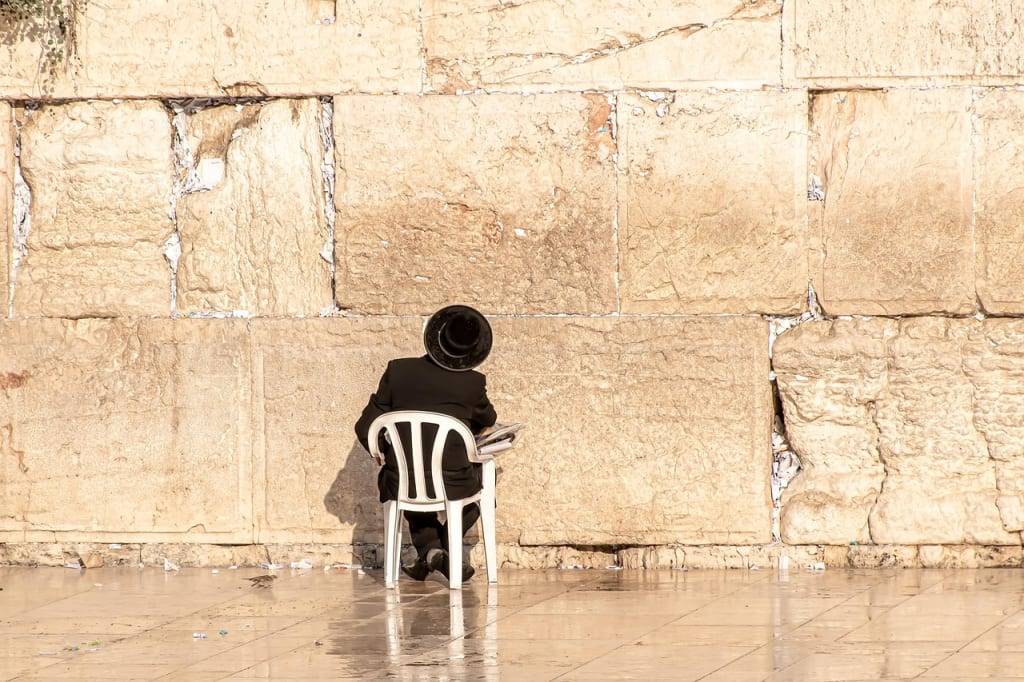The Quiet Power of Losing Your Way
A few days ago, I found myself standing on an unfamiliar trail. My phone had zero reception, and the path ahead twisted unpredictably. At first, that felt unsettling—but very quickly, it felt liberating. That moment wasn’t just about being off the grid. It was about stepping away from certainty, from plans, from the script we so often follow.
Why We Fear Losing Direction
Society trains us to seek paths: five-year goals, career maps, “what’s next?†Blueprints offer comfort. But what if the blank map is where real growth begins?
In losing direction, we confront discomfort—and that’s the first breakthrough. We face questions like: Who am I without the next milestone? What’s left when the map disappears?
When the Unknown Teaches
Wandering isn’t chaos-it’s a teacher. In the wild, detached from expectations, you tune into something otherwise drowned out by to-do lists: intuition, curiosity, the tiny nudges that whisper, “Go left,†or “Pause.â€
I once chose a nondescript dirt road simply because it felt right-not logical, just instinctive. What followed wasn’t monumental-a quiet field, a patch of sunlight through trees-but the experience grounded me more than any planned route ever did.
The Spiritual Shift
This isn’t about recklessness. It’s about making uncertainty sacred.
When you let go of the urge to control the outcome, something wonderful happens: you reconnect-with nature, with others, and most importantly, with yourself. In that space, spontaneity becomes a form of prayer, an opening for genuine insight.
The Reality Check
Of course, getting lost can be scary. It can feel irresponsible. But often that discomfort is the invitation. Navigating without guideposts cultivates resilience and humility. It teaches us that not knowing isn’t failure-it’s potential.
Reframing Control
It’s not about abandoning direction entirely. Instead, it’s about being okay with pushing past the edges of your comfort zone. It’s choosing to trust the journey instead of just the destination.
I don’t dismiss plans. But plans are starting points-not prisons. Wandering off-course or changing paths mid-way doesn’t mean you’re lost. Maybe you’re simply discovering a path that fits better.
A Personal Guide to Getting Lost
-
Turn off autopilot. Skip the GPS, even if it’s just for an hour. Let your feet-and your heart-choose.
-
Ask yourself: “What’s catching my eye?†Let that guide your next step.
-
Give yourself permission. Tell yourself, “It’s okay to explore without a reason.â€
-
Be both observer and participant. Move slowly. Look at the bark on trees. Listen to the wind in leaves. Tune into your heartbeat.
Finding Your Way Back-Heart-First
Eventually, most of us will want to return-to home, to routine, to goals. That doesn’t erase what you learned along the way. Carry that openness forward. Let it color your decisions, inform your relationships, reshape your sense of purpose.
Because here’s the truth: every time you allow yourself to get lost, you gain something unexpected—clarity, creativity, resilience, or simply a deeper sense of being alive.
Final Thoughts
Losing direction isn’t a flaw-it’s a key. It cracks open the rigid structure of planned lives, making space for deeper presence. And once you step into that space-even just once-you realize how often you’ve been co-creating with something much larger than any agenda.
We don’t have to live by the map all the time. Sometimes, the most important path is the one we never planned.




No comments yet
Be the first to share your thoughts!